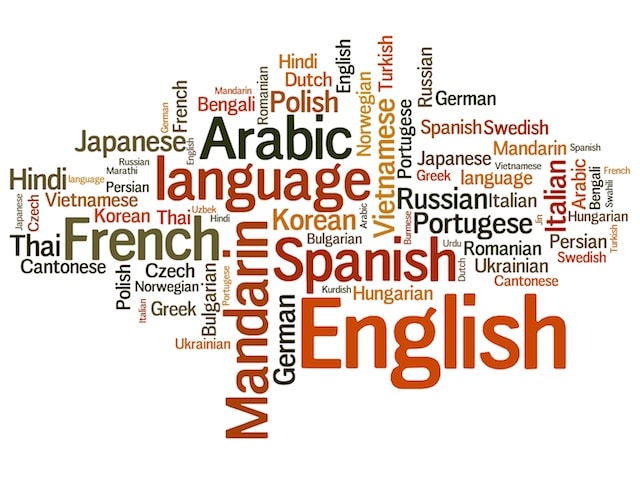UZBEK LANGUAGE
Understanding The Uzbek Language & Providing Professional Uzbek Interpreters, Translators and Transcriptionists
American Language Services? (AML-Global) understands the importance of working in the Uzbek language. For over a Quarter of a Century, American Language Services has worked with the Uzbek language as well as hundreds of others from around the world. We offer comprehensive language services 24 hours, 7 days a week worldwide by providing Uzbek interpreting, translation and transcriptions services along with hundreds of other languages and dialects. Our linguists are native speakers and writers who are screened, credentialed, certified, field tested and experienced in a number of specific industry settings. The Uzbek language is unique and has very specific origins and characteristics.
Uzbek and The Cultural Diversity of Uzbekistan
Uzbekistan, officially the Republic of Uzbekistan is a doubly landlocked country in Central Asia, formerly part of the Soviet Union. It shares borders with Kazakhstan to the west and to the north, Kyrgyzstan and Tajikistan to the east, and Afghanistan and Turkmenistan to the south. Once part of the Persian Samanid and later Timurid empires, the region was conquered in the early 16th century by Uzbek nomads, who spoke an Eastern Turkic language. Uzbekistan has a wide mix of ethnic groups and cultures, with the Uzbek being the majority group. In 1995 about 71% of Uzbekistan’s population was Uzbek. The chief minority groups were Russians (8%), Tajiks (5%), Kazaks (4%), Tatars (2.5%) and Karakalpaks (2%). It is said, however, that the number of non-Uzbek people living in Uzbekistan is decreasing as Russians and other minority groups slowly leave and Uzbeks return from other parts of the former Soviet Union.
Uzbek Dialects
The Uzbek language has many dialects, varying widely from region to region. However, there is a commonly understood dialect, which is used in mass media and in most printed material. Among the best known dialects are the Afghan dialect; the Ferghana dialect; the Khorezm dialect; the Chimkent-Turkestan dialect; and the Surkhandarya dialect.
Uzbek Writing System
In 1940, Uzbek was forcefully switched to Cyrillic script under Joseph Stalin. Until 1992, Uzbek almost everywhere continued to be written using the Cyrillic alphabet, but now in Uzbekistan the Latin script has been officially re-introduced, although the use of Cyrillic is still widespread. The deadline in Uzbekistan for making this transition has been repeatedly changed. The latest deadline was 2005, but was shifted once again to provide a few more years. Already, education in many areas of in Uzbekistan is in the Latin script, and in 2001, the Latin script began being used for currency.
Who are You Going to Trust with Your Vital Uzbek Language Needs
The Uzbek language is an important language worldwide. It is vital to understand the general nature and specific idiosyncrasies of Uzbek. Since 1985, AML-Global has provided outstanding Uzbek interpreters, translators and transcriptionsts worldwide.
























